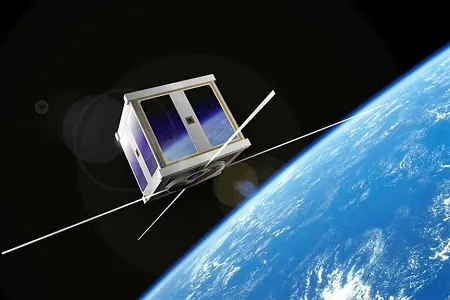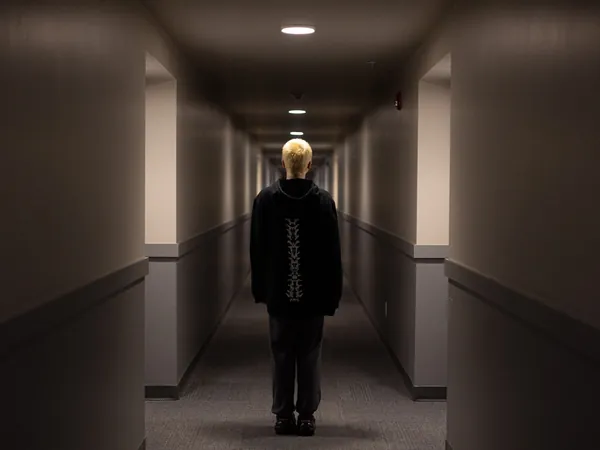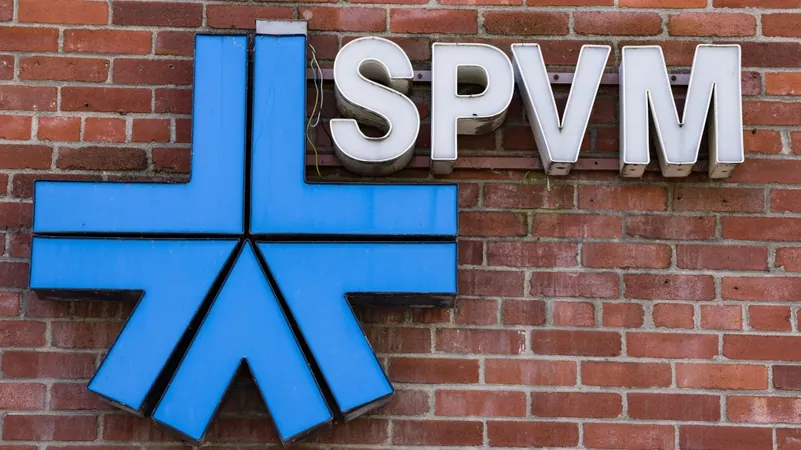
NASA Collaborates Globally: CubeSats Join Artemis II Mission!
2024-10-06
In an exciting leap for international space cooperation, NASA is set to fly five CubeSats from various countries aboard Artemis II, the first crewed mission in its ambitious Artemis campaign. This groundbreaking initiative not only emphasizes NASA's commitment to global partnerships but also enhances access to space for nations worldwide.
Among the CubeSats participating in this mission is Germany’s pioneering TACHELES CubeSat. The agreement for its inclusion was signed by Catherine Koerner, NASA’s associate administrator for exploration systems development, and her counterparts at the German Space Agency DLR. TACHELES is tasked with gathering critical data on how the harsh conditions of space affect electrical components, invaluable information that will advance technology for future lunar vehicles.
These CubeSats, which are essentially the size of a shoebox, represent a new frontier in space research, offering the potential to expand our understanding of the space environment significantly. They will be launched housed within a specialized ring that connects NASA's Orion spacecraft to the upper stage of the Space Launch System (SLS) rocket. Once in high Earth orbit, after separation from the Orion spacecraft, these small satellites will be deployed, marking a significant moment for collaborative space exploration.
As NASA continues to open its doors to international partners, the specific countries involved in flying additional CubeSats on the Artemis II mission have yet to be disclosed. However, participation is expected to be limited to nations that have signed the Artemis Accords, an agreement promoting peaceful and responsible use of outer space.
This collaboration marks a crucial step not only in enhancing scientific and technological knowledge across borders but also in paving the way for future joint ventures in lunar exploration and beyond. Stay tuned as this story unfolds, and prepare for a new era of global cooperation in space exploration that could redefine our understanding of the cosmos!









 Brasil (PT)
Brasil (PT)
 Canada (EN)
Canada (EN)
 Chile (ES)
Chile (ES)
 España (ES)
España (ES)
 France (FR)
France (FR)
 Hong Kong (EN)
Hong Kong (EN)
 Italia (IT)
Italia (IT)
 日本 (JA)
日本 (JA)
 Magyarország (HU)
Magyarország (HU)
 Norge (NO)
Norge (NO)
 Polska (PL)
Polska (PL)
 Schweiz (DE)
Schweiz (DE)
 Singapore (EN)
Singapore (EN)
 Sverige (SV)
Sverige (SV)
 Suomi (FI)
Suomi (FI)
 Türkiye (TR)
Türkiye (TR)